November 27, 2024
Algeria, Algiers, AFRIPOL, and a +1 country!
Hi folks – from Algeria!
It’s the first time I’ve been to this country – giving me a +1 to my list of visited countries: the 106th! And it’s the second newbie to that list this year (after the Philippines)…
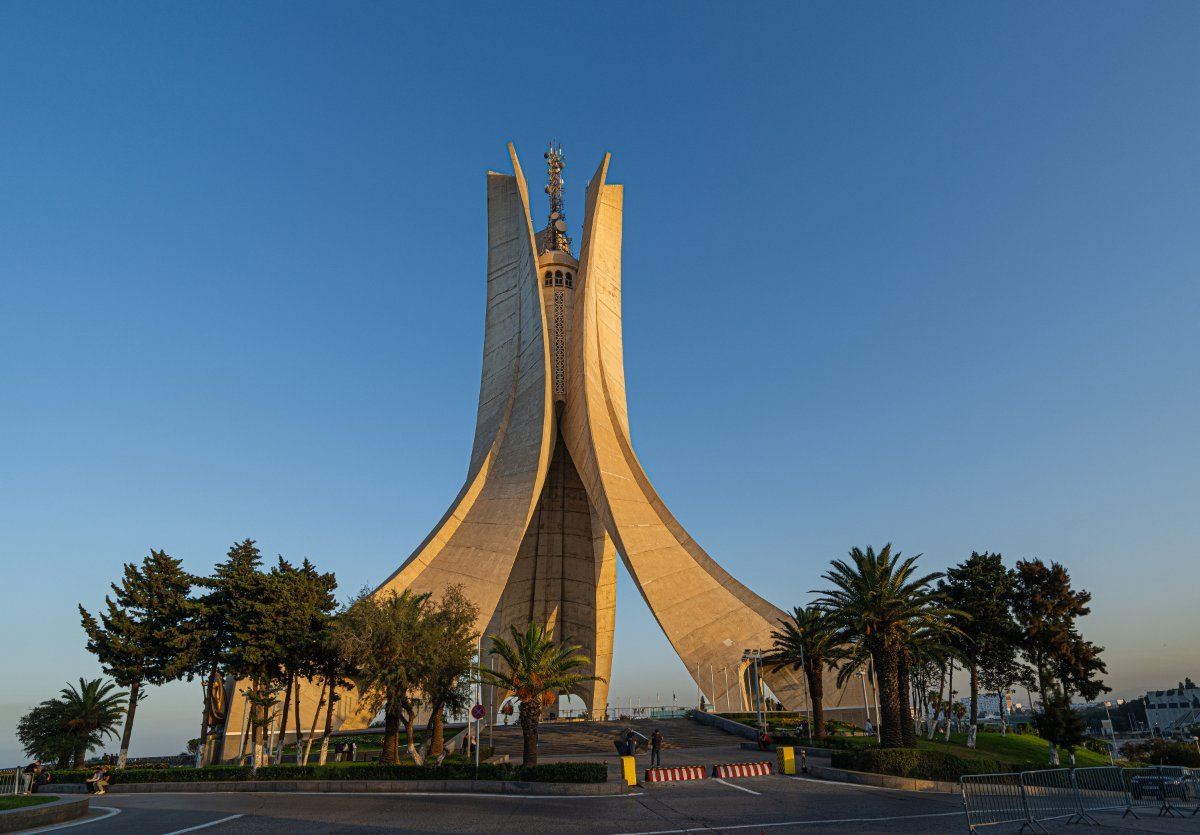
Here’s a view of the country’s capital – Algiers:
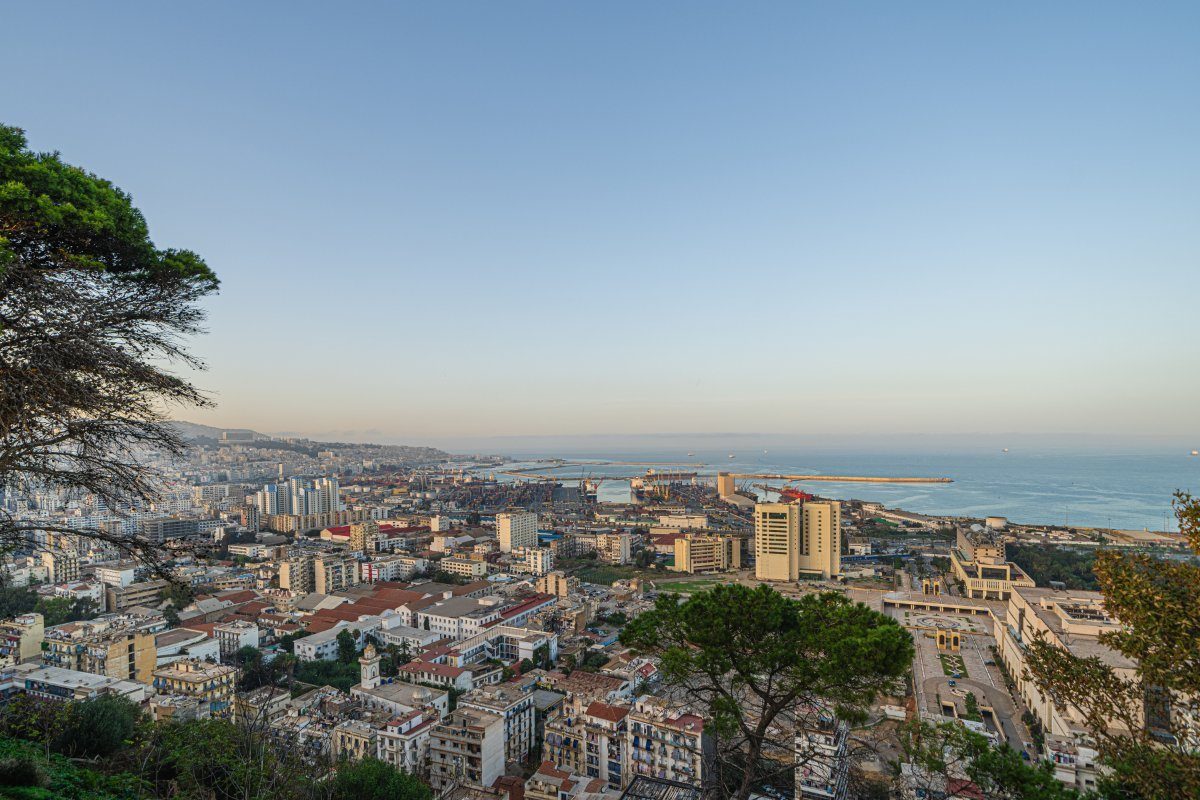
A few facts about the country:
It’s the largest country in Africa by area, and compared to other countries outside the continent it’s a little smaller than Kazakhstan or Argentina, and a little bigger than Greenland or Saudi Arabia. In short – it’s a biggie!
Algeria’s population by a 2024 estimate is nearly 47 million: about the same as Spain or Argentina.
Economic stats: PPP GDP is $700-800 billion (averaged from different sources), making Algeria the 40th in the world listing – around the same as Sweden, Switzerland, or the UAE. In Africa it’s the fourth-largest economy, with the largest three having big populations: Egypt (population 112 million), Nigeria (223m), and South Africa (60m). If we re-calculate for population, Algeria is 97th in the world (according to Wikipedia), but real high in the table in Africa – behind only South Africa and Egypt and a few small countries that export a lot of raw materials (Gabon, Equatorial Guinea, Botswana) and resort islands like Mauritius.
Looking around its capital, it’s clear that many here live modestly; however, on the Africa yardstick – it’s not doing so badly at all.
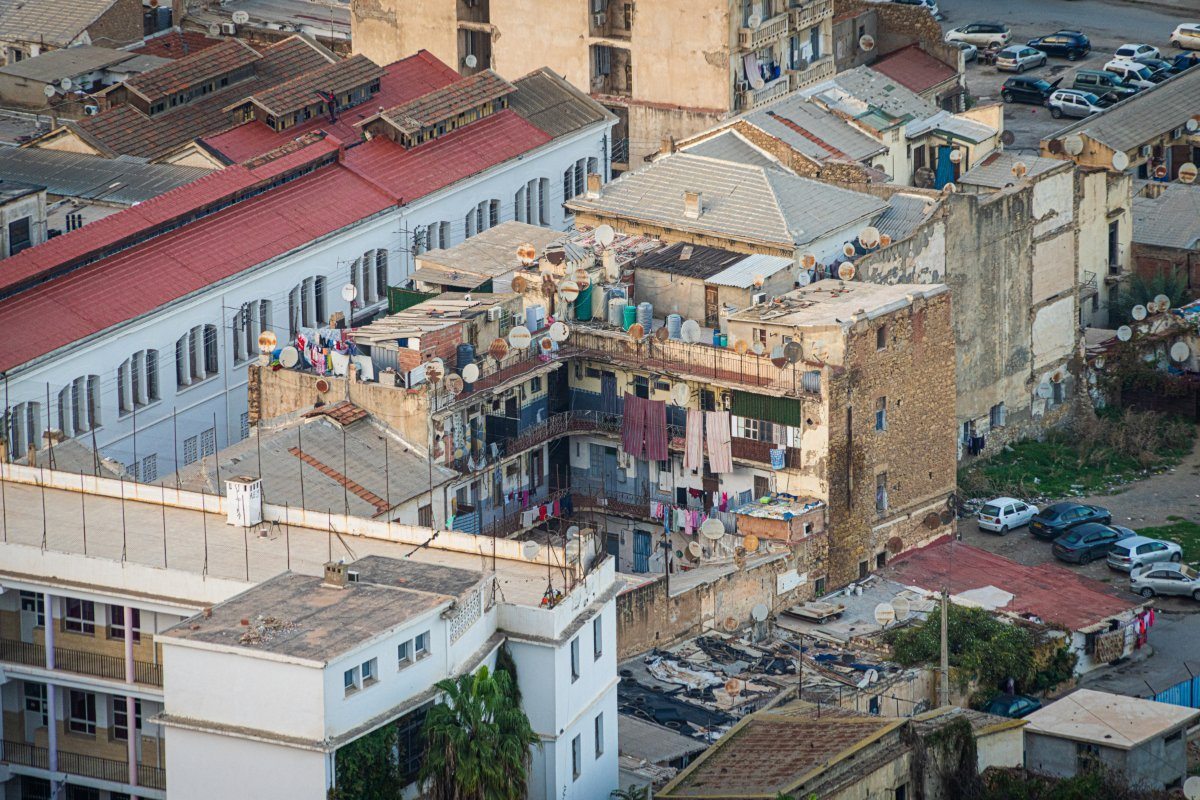
So what was I doing here? Simple: what I normally do… Meetings with customers and partners, and a few interviews with the regional press. Alas, there was much too little tourism. But the main thing – something that brought me a great deal of satisfaction and pride: we signed a partnership agreement on fighting cybercrime with AFRIPOL…
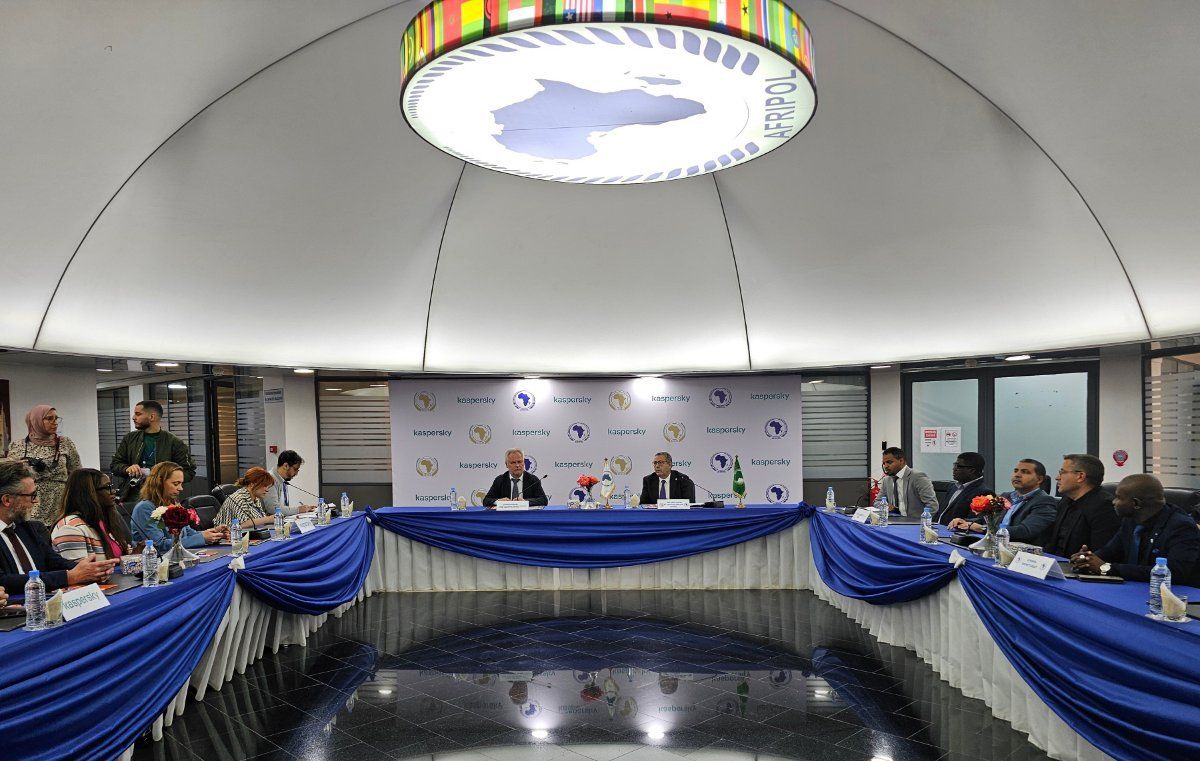
As the name suggests, AFRIPOL is the regional organization that unites the continent’s police forces (just like INTERPOL – only for Africa). It was created by decision of the conference of African delegates of INTERPOL in 2013, and has been functional since 2014. The mission of the organization is to combat transnational crime – including cybercrime (alongside other thoroughly unpleasant phenomena like terrorism, drug trafficking, and so on).
And now we’re on board – officially! ->
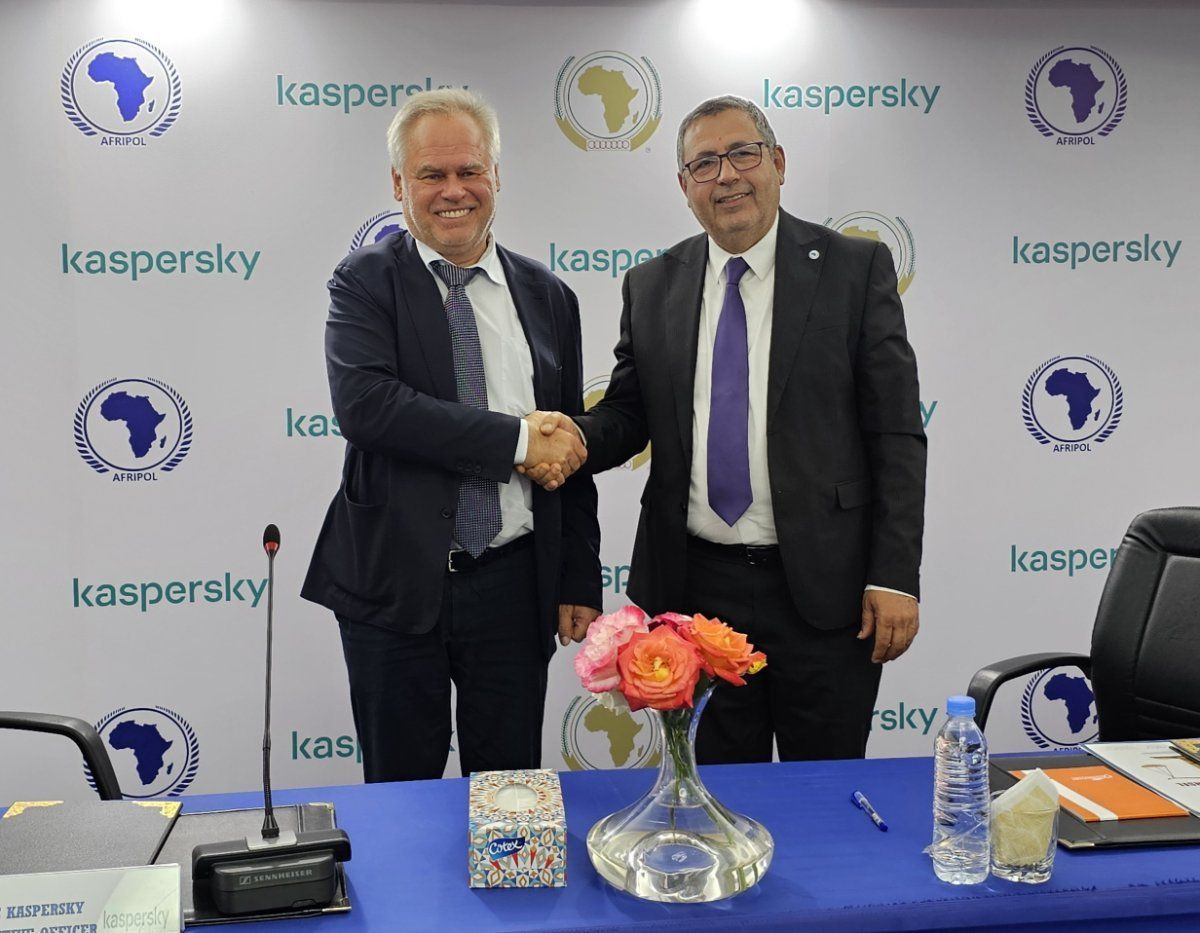
Ooh – me in a suit: a rare occasion ) ->
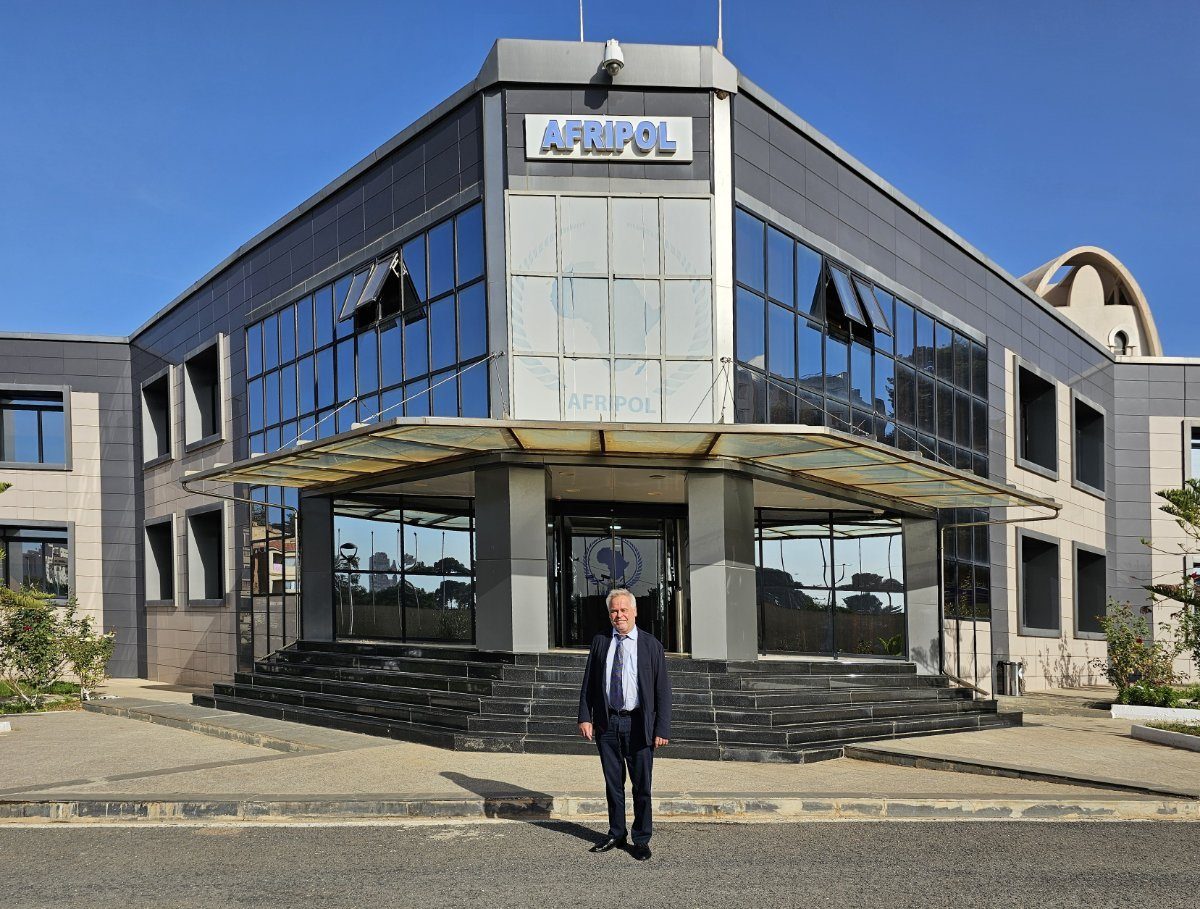
Standing there reminded me of a similar photo…
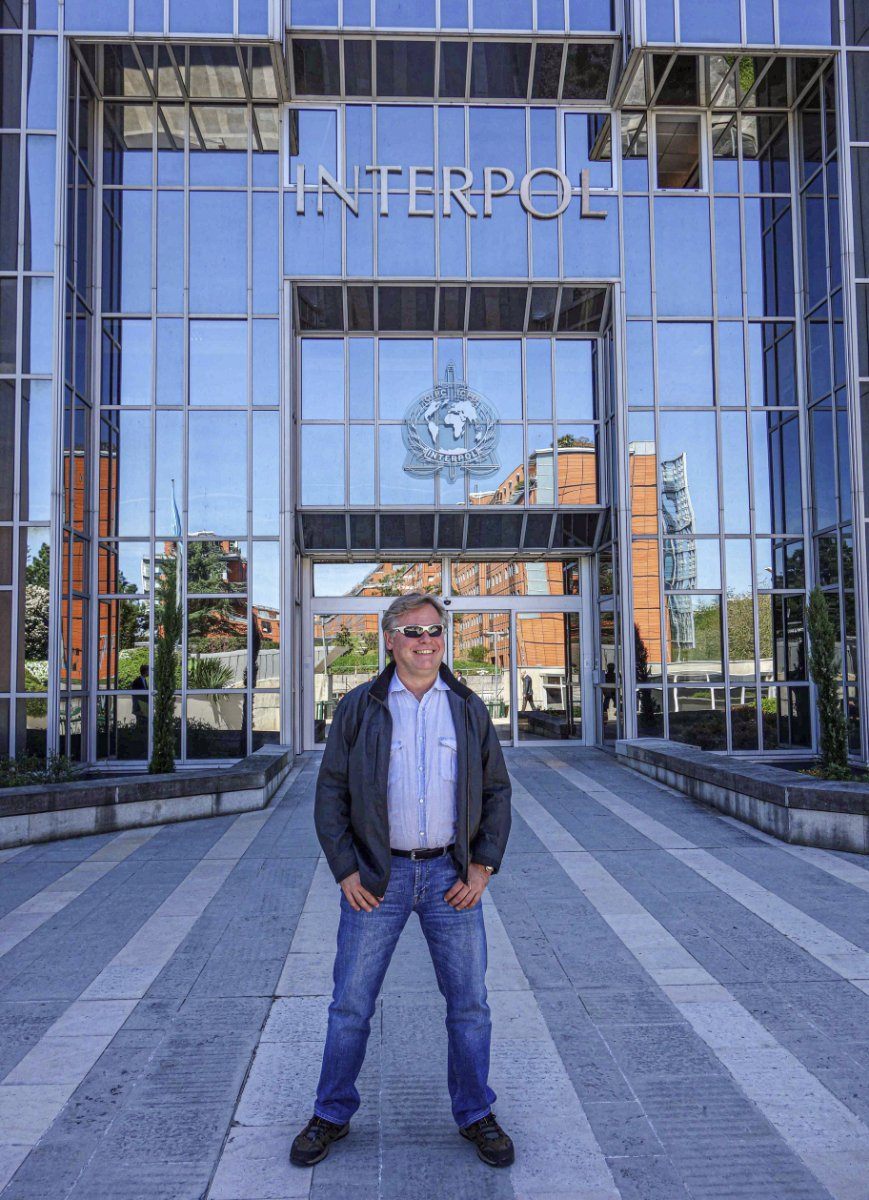
…of me outside INTERPOL’s HQ in Lyon 11 years ago.
We’re still working closely with INTERPOL today. Recently, for example, we took part in the large transnational operation Synergia II (in which a full 95 countries participated!), and also helped protect this year’s Olympic Games in Paris. And as part of INTEPOL’s ThinkTwice campaign we prepared a post on five simple tips for better internet cybersecurity.
So why’s all this necessary? As I’ve said many times before and will continue to emphasize, international cooperation is essential for combatting cybercrime. Here are the three main reasons why:
– The cyber bad guys know no borders. They deliberately attack targets abroad by exploiting legal misalignment, bureaucracy, or simply the lack of reasonable cooperation among countries (especially in our geopolitically challenging times).
– Infrastructure resilience. The daily lives of people and economies on the whole are of course very much tied to digital services. Finance and telecommunications, for example, are digital through and through. International cooperation allows countries to respond quickly to cyberattacks on infrastructure and jointly stop them.
– Reducing impunity. Cybercrime can be a very lucrative endeavor. To reduce the number of folks wishing to engage in it, crimes need to be thwarted and criminals punished. When countries work together, they can more effectively prosecute cybercriminals and lower the perceived sense of impunity.
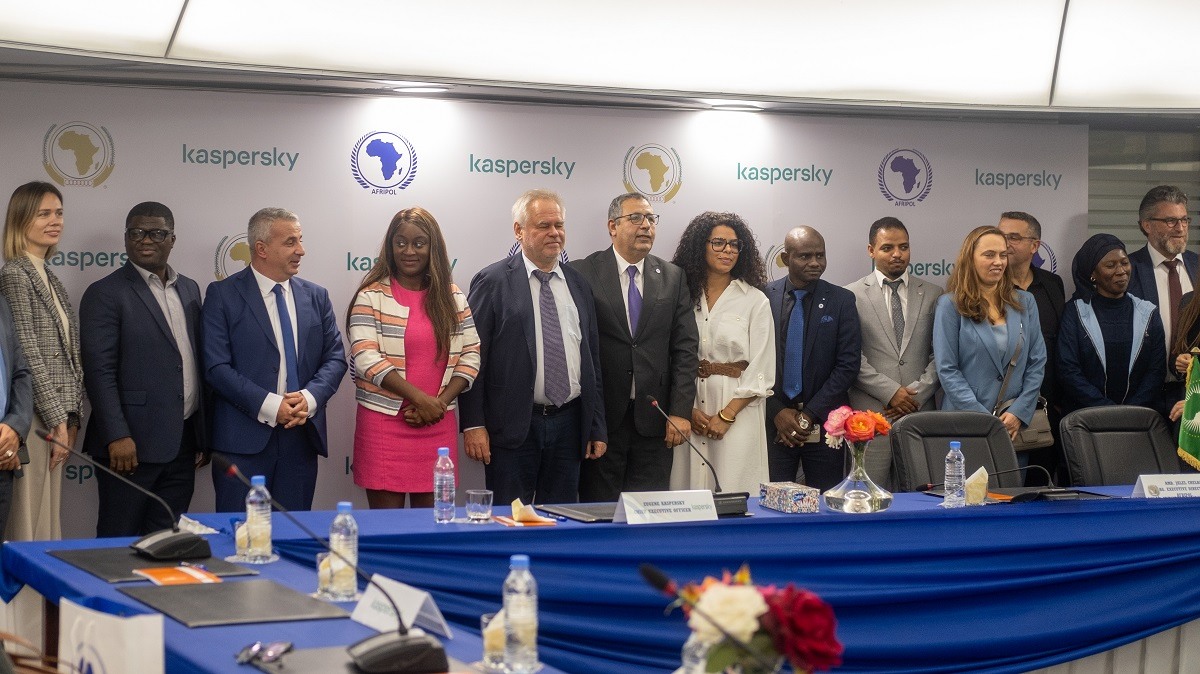
… And those are just a few reasons.
Now, three reasons why Africa is so important to us as a company – and humanity in general.
– Africa is simply massive. In 1900, at the height of colonialism and the zenith of European power, Africa’s population was, roughly speaking, half of Europe’s. Today, the ratio’s reversed – with Europe’s population now half of Africa’s. By 2050 it’ll be a third.
– The growth and development of the African economy. Though Africa is growing slower than many would like (Africa is, after all, home to some of the poorest countries in the world), it is still growing, and it boasts some rather large national economies and large cities – megacities even, with the accompanying growing urban populations and so on. According to credible sources, in 2024, 11 of the top-20 fastest-growing economies in the world are in Africa.
– The rapid development of African IT. Today’s growing urban populations and economies bring about IT infrastructure development. This includes a huge demand for imported technology (from cellular base stations to IS software), but it also means growth in the numbers of local engineers, local companies, system integrators, service providers and so on. Given Africa’s massive scale, these become notable phenomena at the global level.
Unfortunately, besides all sorts of nice things, development and growth brings unpleasant things too; for example – the development of cybercrime. In this regard, we’ll be helping local law enforcement prevent villains feeling at ease, and ultimately catch them, thus doing our bit in helping build a safe digital environment of the future – both in Africa and globally, since digital technology has no borders.

